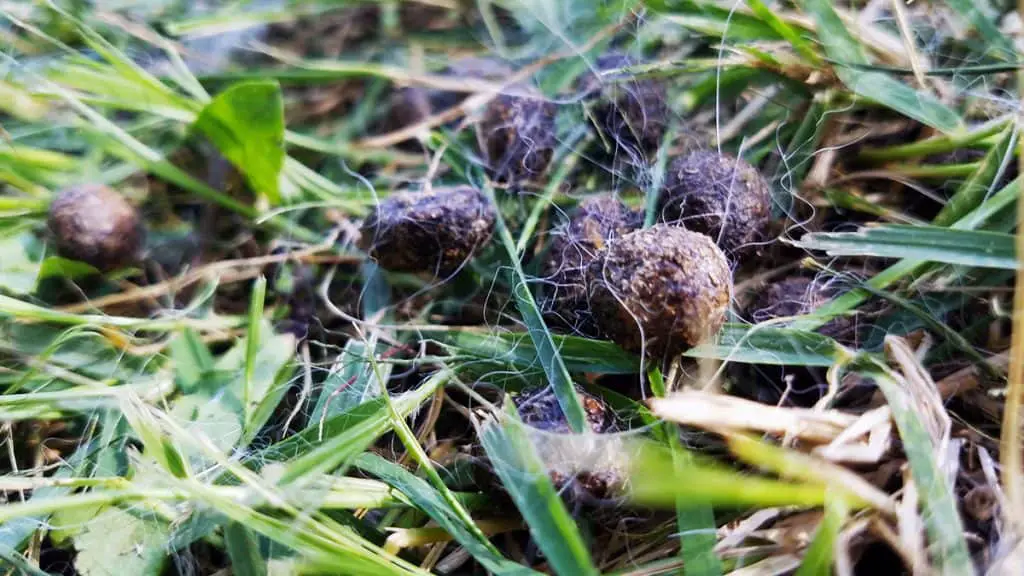Disclosure: We may earn money or products from the companies mentioned in this post.
When it comes to organic fertilizers, rabbit manure and cow manure are two of the most popular choices for gardeners and farmers. Both are rich sources of nutrients and can help improve soil health and plant growth, but they have some important differences in their composition and characteristics. In this article, we’ll compare rabbit manure and cow manure as fertilizers and explore the pros and cons of each.

The Differences Between Rabbit And Cow Manure As Fertilizers
Nutrient Content One of the primary differences between rabbit manure and cow manure is its nutrient content. According to research cited by the USDA, rabbit manure typically contains around 2.4% nitrogen, 1.4% phosphorus, and 0.6% potassium, while cow manure may contain around 1.5% nitrogen, 1.0% phosphorus, and 0.5% potassium. This means that rabbit manure is generally richer in nitrogen, phosphorus, and potassium than cow manure, making it a better choice for plants that require more of these nutrients.
Moisture Content Another important difference between rabbit manure and cow manure is its moisture content. Rabbit manure is usually drier and more pelletized than cow manure, which makes it easier to handle and store. Cow manure, on the other hand, is often wetter and bulkier, which can make it more difficult to work with.
Heat Production Another difference between the two is the heat produced by the manure. Cow manure is considered to be a “hot” manure, which means that it generates a lot of heat as it decomposes. This heat can be beneficial for killing weed seeds and breaking down pathogens, but it can also damage plants if the manure is not fully composted before use. Rabbit manure, on the other hand, is considered to be a “cold” manure, which means that it can be applied directly to plants without the risk of burning them.
Application When it comes to application, both rabbit and cow manure can be used in a variety of ways. For example, you can apply the manure directly to the soil as a top dressing or work it into the soil before planting. Alternatively, you can compost the manure before use to break down any pathogens and reduce the risk of plant damage. Rabbit manure is particularly well-suited for use as a top dressing, as it is less likely to attract pests and can be applied more frequently than cow manure.
Conclusion Overall, both rabbit manure and cow manure are excellent sources of organic matter and nutrients for plants. While rabbit manure is generally higher in nitrogen, phosphorus, and potassium, cow manure can be beneficial for killing weed seeds and breaking down pathogens. When choosing between the two, it’s important to consider the specific needs of your soil and plants, as well as other factors like availability and cost. By understanding the benefits and drawbacks of each, you can choose the best fertilizer for your garden or farm.
References:
- University of Massachusetts Amherst Extension. (n.d.). Composting Rabbit Manure. Retrieved from https://ag.umass.edu/greenhouse-floriculture/fact-sheets/composting-rabbit-manure
- United States Department of Agriculture. (n.d.). Manure Management. Retrieved from https://www.nrcs.usda.gov/wps/portal/nrcs/main/national/plantsanimals/livestock/manure/
